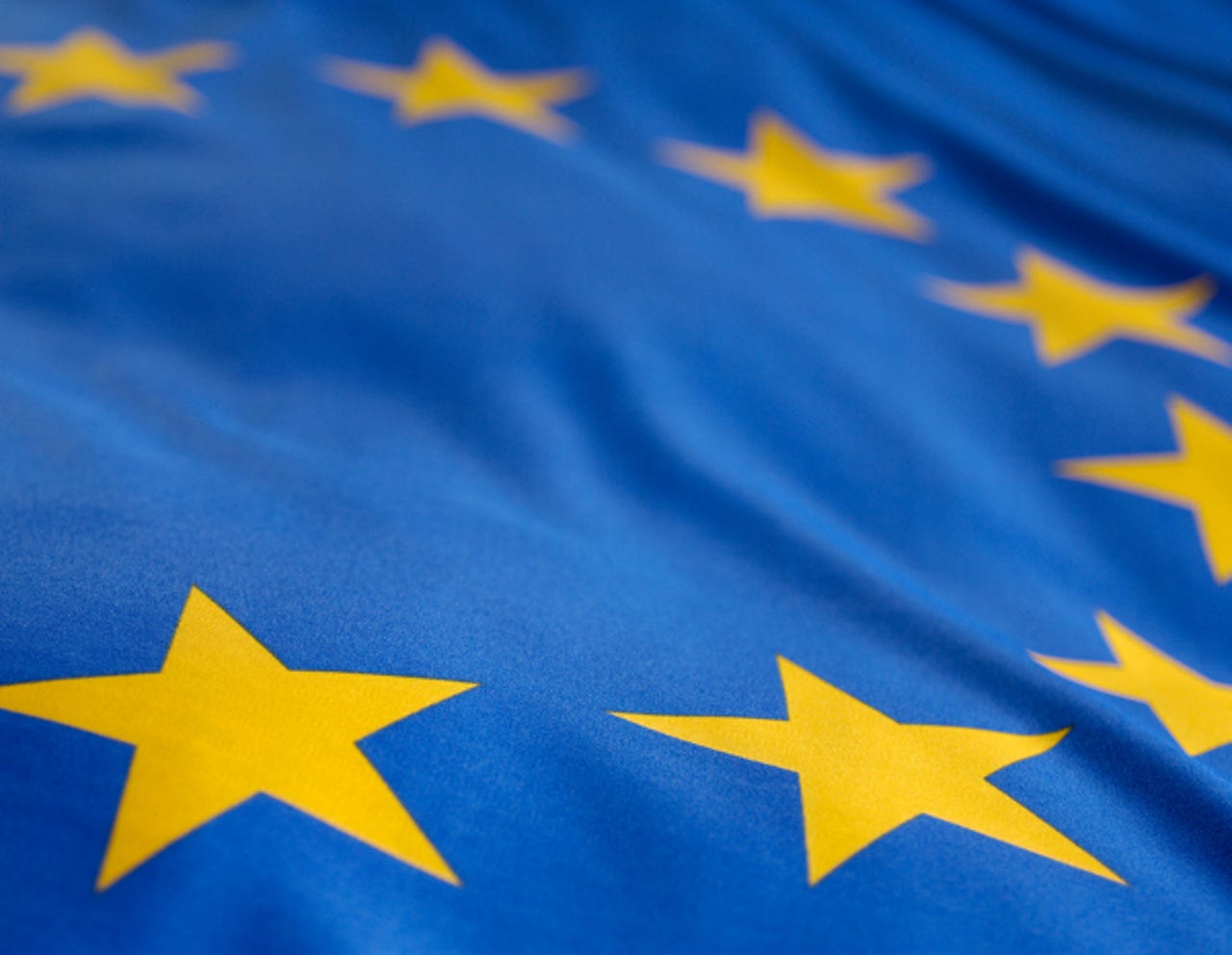EU to Qualcomm: You've been paying to shut out rival chipmakers


Europe is taking a close look at Qualcomm's practices in the continent.
Europe's competition regulator has sent two statements of objection to Qualcomm, setting out concerns that the processor specialist may have paid a major handset maker to use its chipsets exclusively.
The European Commission's (EC) first statement accuses Qualcomm of having paid "significant amounts to a major smartphone and tablet manufacturer" since 2011 to ensure it exclusively used Qualcomm's baseband chipsets.
It also says between 2009 and 2011 Qualcomm sold certain baseband chipsets at prices below costs in a practice known as 'predatory pricing', forcing rival Icera out of the market.
In both cases, the EC's competition office has taken the preliminary view that Qualcomm harmed competition and may have breached EU antitrust rules by abusing its dominant position in the worldwide markets for 3G and 4G baseband chipsets.
"I am concerned that Qualcomm's actions may have pushed out competitors or prevented them from competing," EC competition policy boss Margrethe Vestager said.
"We need to make sure that European consumers continue to benefit from competition and innovation in an area which is at the heart of today's economy."
The EC opened two formal investigations in July to assess whether Qualcomm had breached European competition law.
Qualcomm has three months to respond to the claim that it paid for exclusivity and four months to respond to the claim of predatory pricing. The company can reply in writing to the EC's report and may request an oral hearing to present its case.
Qualcomm's general counsel Don Rosenberg told Bloomberg the company's sales practices "have always complied with European competition law" and that it welcomes the chance to formally respond to the charges.
For Qualcomm, the EC's charges add another front to regulatory woes in Asia, stemming from investigations in Taiwan and South Korea.
South Korea's competition regulator has investigated Qualcomm's licensing practices with handset makers, last month proposing fines and amendments to its business practices.
The nation is of course home to Samsung and LG, two of Qualcomm's biggest customers in the handset business. Qualcomm has vowed to defend those charges.
As for Europe, Qualcomm is the latest major US tech company accused of violating competition law.
Google responded in writing this August to EC's antitrust charges from April over its search business and has since told the EC that it had "no basis" for imposing fines, the Wall Street Journal reported in November, signalling it may be settling in for a lengthy legal battle.